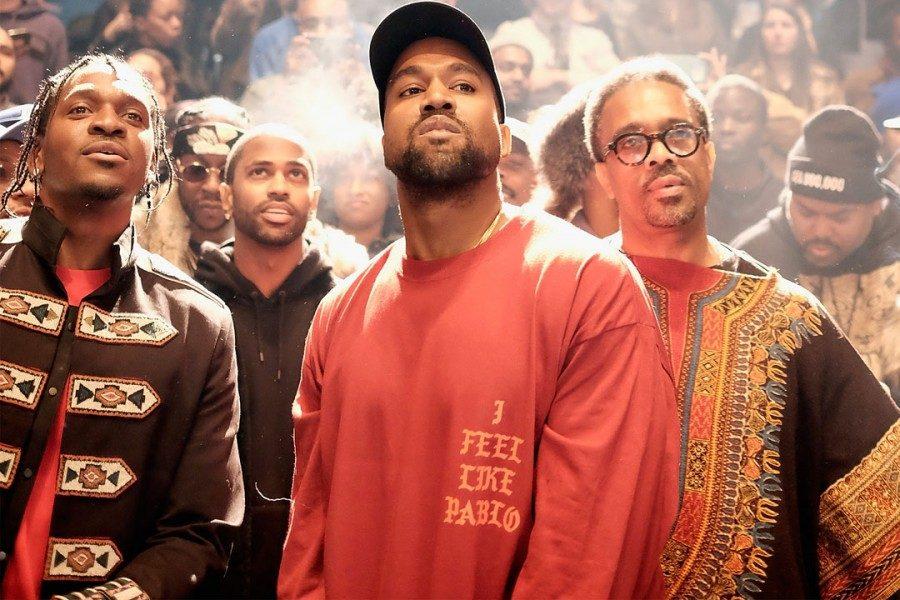Why Kanye is still my idol
“George Bush doesn’t care about black people.”
These are the words of the Kanye West who’s easy to love. The Kanye who we can say is one of us. “The College Dropout” Kanye. Every other tweet is about how we all miss this version of him, the “old Kanye.”
When the beauty in his dark twisted fantasy was no longer clear and easily digested, when the reality of living as a black man in America clouded the individual, we gave up.
What we have to realize is that the “I-would-have-voted-for-Trump” Kanye is the same man that inspired your favorite rappers. There would be no Chance the Rapper or Logic. We would never have Drake songs to get emotional to without “808s & Heartbreak.” Regardless of the undeniable influence Kanye West has on a generation of music, his entire creative legacy is being disregarded because of his mental health.
We don’t talk about mental illness in the black community. Yet, according to the National Association of Mental Illness, “African Americans are 20 percent more likely to experience serious mental health problems than the general population.”
Every day, black people enter into a world of mental warfare, including Kanye.
Being a black male is being a soldier in a war you did not ask to fight, and Kanye is not immune to the mental degradation that comes along with it. When the world sees you as a weapon, it’s hard to ask for help. When the value of your life is questioned daily, your culture appropriated with the latest trend, your ancestors exploited and very existence seen as a threat, mental health seems like the last thing to worry about.
Historically, black people faced discrimination when struggling to gain basic access to medical attention, leading the aversion that has transcended through generations. It doesn’t help that according to NAMI, only “3.7 percent of members in the American Psychiatric Association and 1.5 percent of members in the American Psychological Association are African American.”
When less than 4 percent of psychologists have actually experienced the daily micro-aggressions and struggles that come with the black experience, it’s no wonder mental health is so neglected in our community. The lack of representation in the mental health field is just one of institutional barriers faced by people of color.
Kanye is human, and life isn’t perfect. When someone needs help, you don’t crucify them, you don’t discredit all of their achievements or question their character.
It is okay to miss the “old Kanye.” What isn’t okay is trivializing the privilege of being able to address one’s mental health and wellness and not having a more important conversation about the historical inequality of healthcare in America.
Your donation will support the student journalists of Tulane University. Your contribution will allow us to purchase equipment and cover our annual website hosting costs.




LP • Jan 24, 2017 at 4:35 pm
I think it’s dope you shed light on this topic and particularly on a figure so large such as Kanye . Black mental health really needs more attention. Why do we abandon our black artists when they need our support the most. Comparing media responses to Lindsey and Brit vs. that of Kanye or even Lamar Odom – huge difference. What is Tulane doing to support the mental health of its student of color who have to go though each day and battle against microaggressions ?
Ebonie • Jan 24, 2017 at 10:18 am
Wonderful article